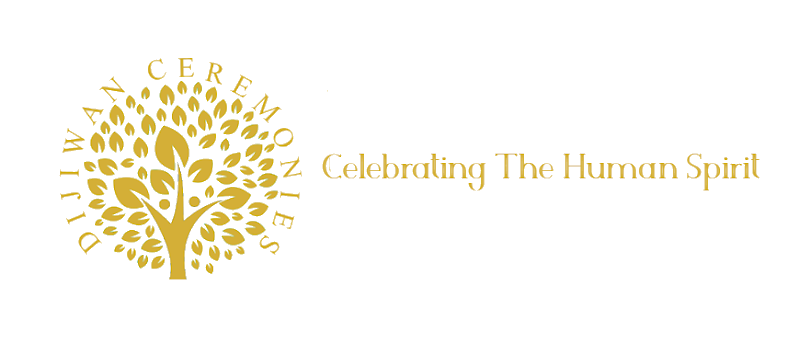The Richness of Heritage and Love
When we think about a child entering the world, we often think of a blank slate, an individual who is starting from scratch with nothing. But is that really true? In reality, a child comes into the world with so much more than we often acknowledge.
First and foremost, a child carries the genetic heritage of generations before them. Their DNA is a combination of the genes passed down from their parents, grandparents, and countless ancestors before them. This genetic makeup determines much of who they will become, from physical traits to personality traits.
Furthermore, a child is born into a family that will hopefully love and care for them. They enter the world as part of the human family, and specifically to particular parents. Even if they are later adopted or taken in by guardians who are not biologically related to them, they become part of a new family unit that will shape them and help them grow.
As someone who has adopted a child, I know firsthand the power of love and commitment in creating a family. My daughter was born three years before I met her mother, but from a young age, she has known me as her father. When she turned 21, we made it official and I adopted her. Even though we do not share a genetic connection, she is just as much a part of my family as my biological son.
It's important to recognize that children who come into our families in non-traditional ways, whether through adoption, blending families, or other circumstances, are just as special and valuable as those born to us biologically. They too carry with them a heritage and legacy, and should be celebrated and welcomed into the family in meaningful ways.
So when we think about a child entering the world, let's remember that they bring with them so much more than we often acknowledge. Let's celebrate the richness of their genetic heritage and the love and commitment that creates a family. Let's honor all the ways in which children become part of our lives and our families, and recognize the unique value and potential of each and every child.
First and foremost, a child carries the genetic heritage of generations before them. Their DNA is a combination of the genes passed down from their parents, grandparents, and countless ancestors before them. This genetic makeup determines much of who they will become, from physical traits to personality traits.
Furthermore, a child is born into a family that will hopefully love and care for them. They enter the world as part of the human family, and specifically to particular parents. Even if they are later adopted or taken in by guardians who are not biologically related to them, they become part of a new family unit that will shape them and help them grow.
As someone who has adopted a child, I know firsthand the power of love and commitment in creating a family. My daughter was born three years before I met her mother, but from a young age, she has known me as her father. When she turned 21, we made it official and I adopted her. Even though we do not share a genetic connection, she is just as much a part of my family as my biological son.
It's important to recognize that children who come into our families in non-traditional ways, whether through adoption, blending families, or other circumstances, are just as special and valuable as those born to us biologically. They too carry with them a heritage and legacy, and should be celebrated and welcomed into the family in meaningful ways.
So when we think about a child entering the world, let's remember that they bring with them so much more than we often acknowledge. Let's celebrate the richness of their genetic heritage and the love and commitment that creates a family. Let's honor all the ways in which children become part of our lives and our families, and recognize the unique value and potential of each and every child.

